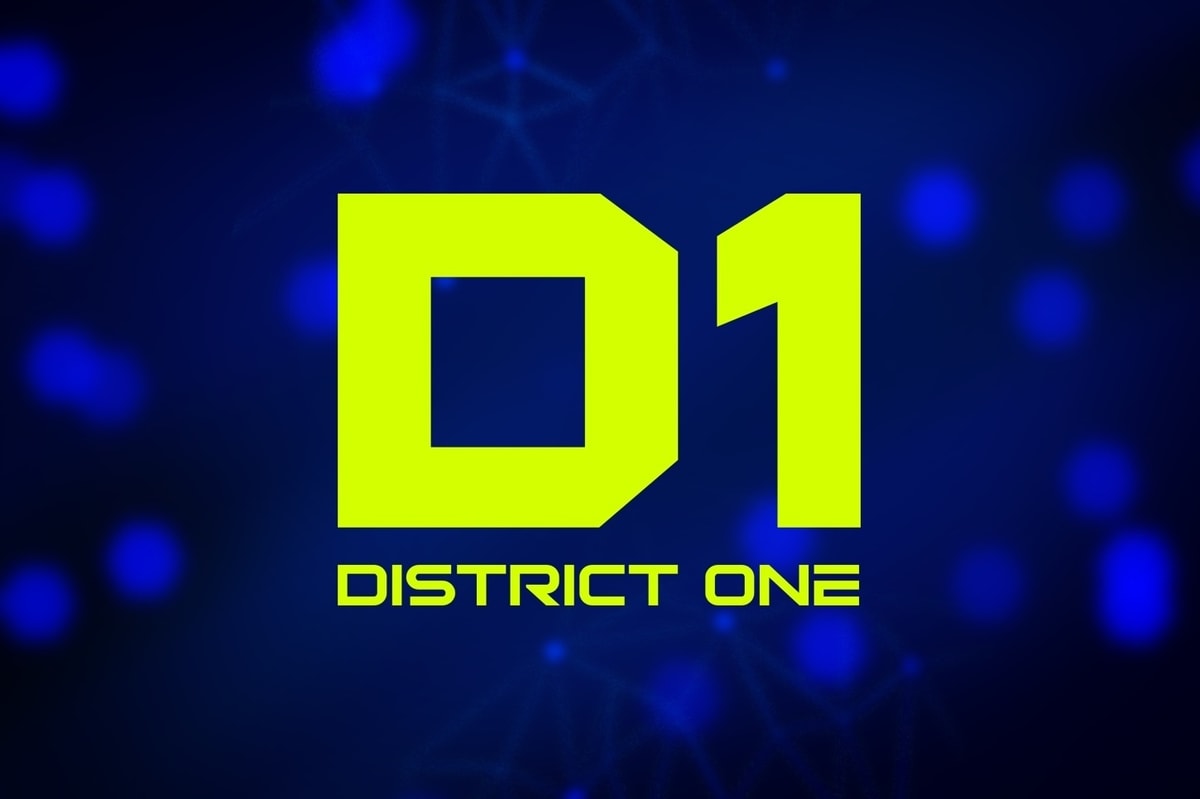Telecoms infrastructure firm Nokia anticipates a spike in network demand owing to upcoming advances in the metaverse, Web3 and artificial intelligence (AI) and plans to fill this gap by 2030.
Nokia’s Technology Strategy 2030 report focuses on building a future network architecture to serve the emerging innovations market. Nokia anticipates a 22%–25% increase in network demand from 2022 through 2030. Federico Guillén, president of network infrastructure at Nokia, attributed the rise to the recent mainstream introduction of generative AI and virtual reality devices.

The company’s strategy involves investing heavily in its portfolio of network equipment and services over the coming years. The Internet of Value is one of the six ecosystems Nokia will cater to, focusing on decentralization, blockchain and smart contracts. Nokia’s focus on the metaverse will be on human augmentation, spatial computing and split processing.
The remaining ecosystems include AI, Industry 5.0, Application Programming Interface (API) economy and Cloud continuum.
Related: Here’s a list of countries that love the metaverse the most
In 2022, Nokia set up two labs to study the metaverse and the technologies that underpin the ecosystem and experimented with several industrial and wide-scale metaverse initiatives in 2023.
Nokia has developed a future network architecture built on network digital twin technology. A digital twin is a simulation of a physical object, primarily used for prototyping and testing in manufacturing, construction and similar industries. In South Australia, Nokia has been using the metaverse to potentially assist Cessna aircraft technicians at remote airports.
“We had a 5G connected Microsoft HoloLens, and we were able to instruct people on how to service a Cessna using augmented reality in this case,” said Robert Joyce, chief technology officer of Nokia Oceania, to Cointelegraph in 2023.
Separately, a pair of scientists in Finland experimented with digital twins called “Metahumans” to showcase the potential of the metaverse to gamify employee management as opposed to a traditional optimization program. The paper stated:
“A MetaHuman goes beyond the visual representation, including internal traits of the person it represents, such as their emotions and cognitive states.”
In a real-world scenario, data collected via digital twins in industrial simulations can be used to determine optimum work strategies for live teams, new safety measures and potential performance and output.
Magazine: Owner of seven-trait CryptoPunk Seedphrase partners with Sotheby’s: NFT Collector











